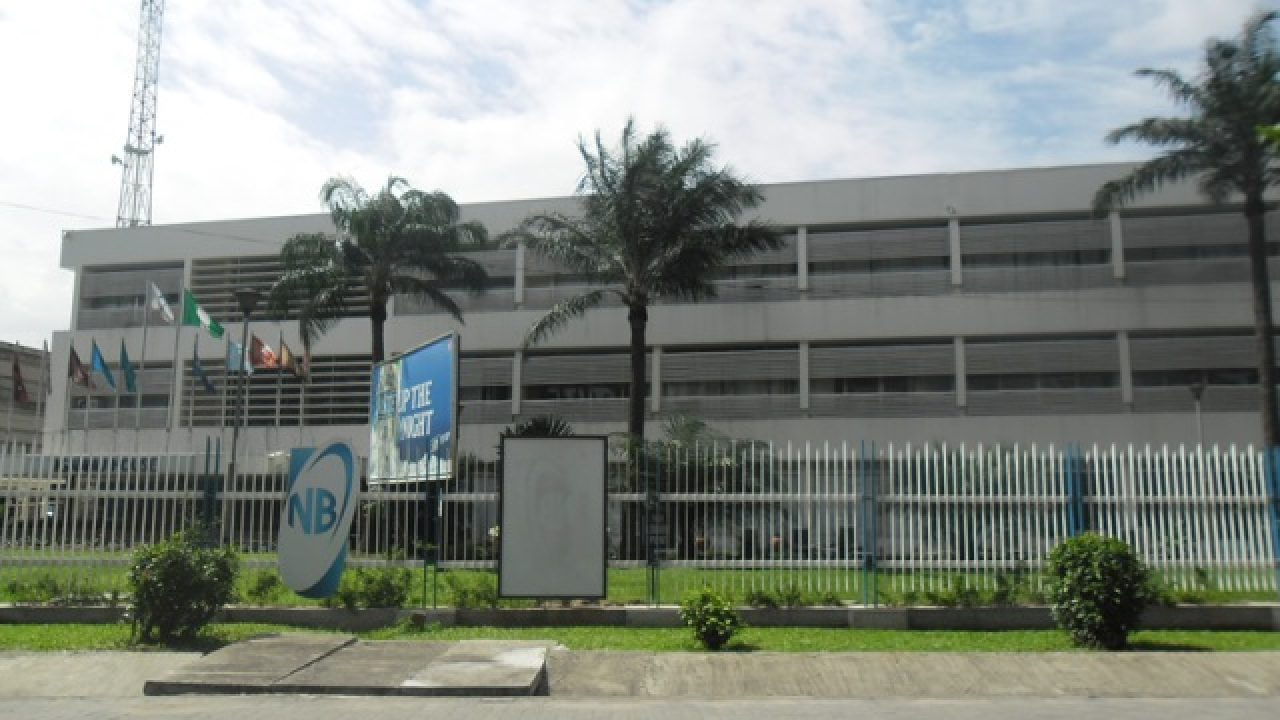
Succour is yet to come the way of investors that have staked their funds in manufacturing firms under the brewery sector of the Nigerian Exchange Limited (NGX) as the foreign exchange crisis and other macro-economic challenges continue to affect their loss position as shown in the third quarter (Q3) financials.
Data from the NGX indicated that the harsh operating environment, especially the foreign exchange (FX) crisis caused two brewers – Nigerian Breweries and Guinness – to record FX losses of close to N200 billion in Q3.
Indeed, the sector has been grappling with rising inflation, insecurity and FX shortages, which have continued to impact on the cost of sales, marketing and distribution expenses due to the high cost of transportation.
It has also suffered the impact of shrinking demand due to poor purchasing power in addition to changing lifestyles, which has affected consumption.
For one, Nigerian Breweries reported a net loss of N149.5 billion in its unaudited nine-month 2024 results, primarily driven by a substantial FX loss of N160.48 billion.
The largest brewer’s group revenue grew by 76.9 per cent to N710.8 billion, from N401.8 billion posted within the same period in 2023 while gross profit increased by 37.6 per cent to N209.9 billion from N152.56 billion.
“The increase in net loss was again significantly influenced by FX loss due to the devaluation of the naira and high borrowing costs arising from higher interest rates,” Nigerian Breweries said in its statement signed by Uaboi Agbebaku, its company secretary
On the revenue side, the company reported a growth of 76.9 per cent year-on-year (YoY) to N710.87 billion, attributed to strategic pricing, innovation, and market recovery. However, the cost of sales grew faster by 101.1 per cent YoY.
For Guinness Nigeria, its loss after tax stood at N61.7 billion for the nine months from a profit of N5.9 billion in the same period of 2023. The brewer recorded a 28 per cent growth in revenue to N220.3 billion compared to N172.5 billion in the same period last year.
The company recorded a Q3’24 loss-before-tax of N56 billion despite solid results on the top line.
Analysts said the spike in net finance cost was primarily due to an unrealised FX loss of about N32.1 billion.
“Net debt dropped by 2.8 per cent year-to-date N29 billion due to a 38.2 per cent decrease in borrowings despite a reduction of 25.7 per cent YTD in the company’s cash balance,” the statement said
Also hit by the harsh economic reality is the share prices of the firms, which have remained subdued by negative sentiments on the demand for the stock.
NB closed its last trading day on Friday, October 25, 2024, at N28 per share. It began the year with a share price of N36 but has since lost 22.2 per cent off that price valuation while Guinness began the year with a share price of N66 but has lost 1.52 per cent off that price valuation to close at N65 last week Friday.
Co-founder of Noble Shareholders Association of Nigeria, Gbadebo Olatokunbo said there is a need for the government to review its policies on local sourcing and backward integration.
According to him, many indigenous firms that have been in operation for over 50 years still source 80 per cent of their raw materials outside the country.
“Findings have indicated that many companies that were about 50 years in Nigeria still rely on foreign raw materials, which is not good for our economy. We implore MAN to start talking to their members on the importance of backward integration and demerits of over-dependence on foreign materials,” he said.






